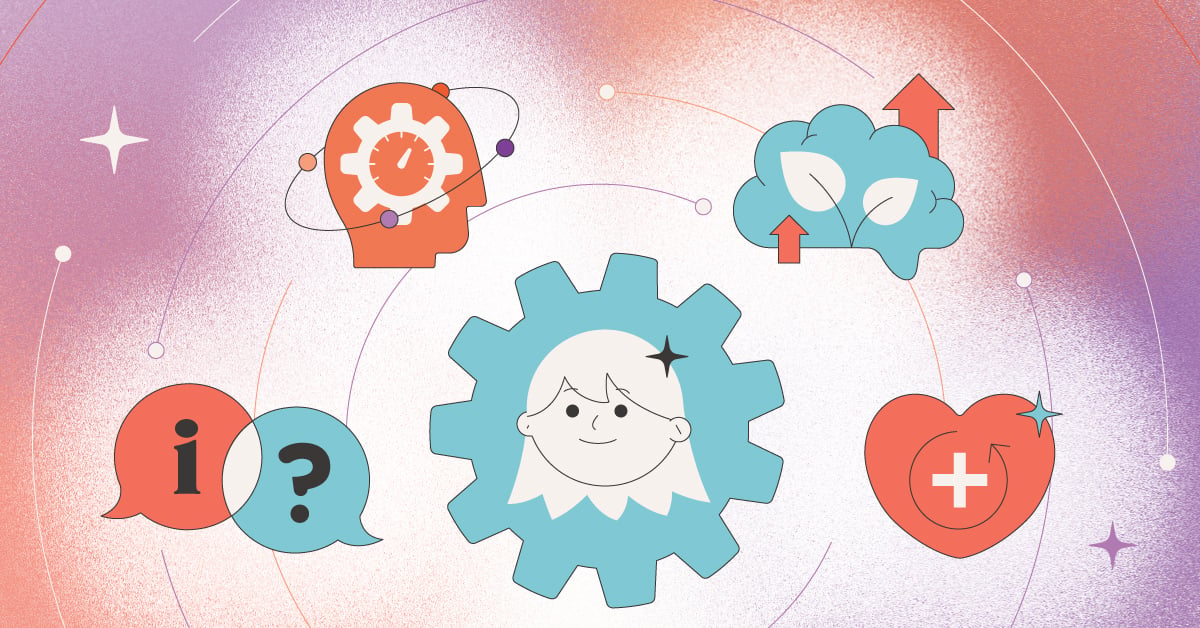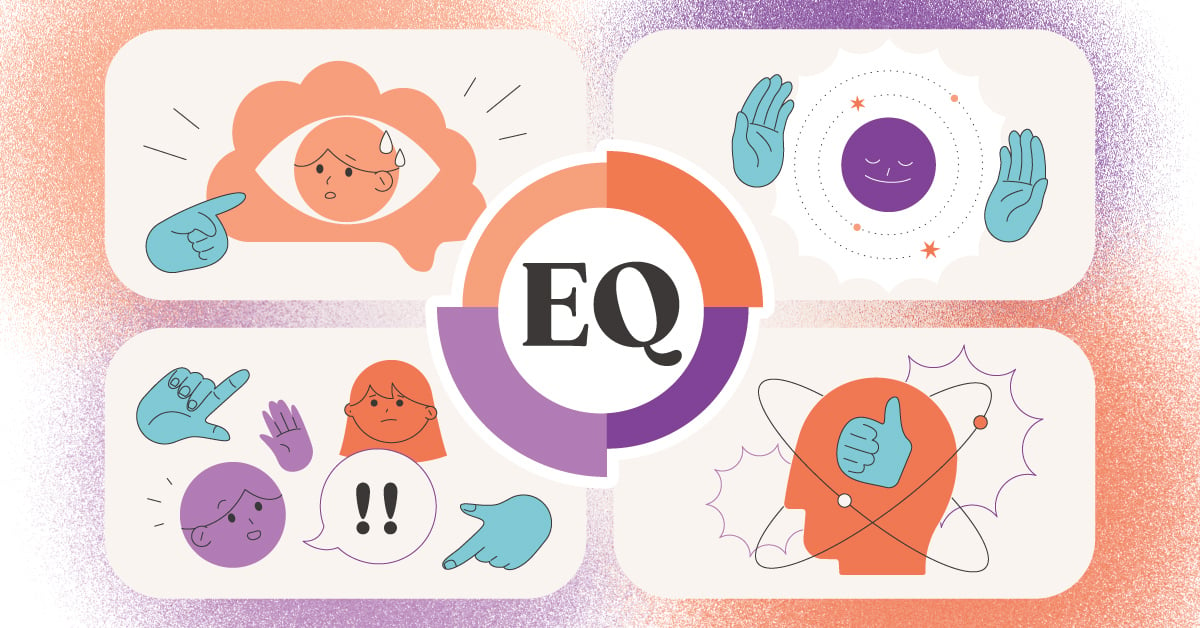
In 2012, the average number of corporate emails sent and received per person per day was 1101, with over 90% of those emails being legitimate communications. That’s over 2,000 emails every month. Add to that a whopping 9,0002 text messages being sent and received each month by adults in the US, and you’ve got to wonder how these thousands of electronic messages are affecting our emotional intelligence.
But wait — the advent of communication tools such as smartphones, tablets and instant messaging was supposed to make it easier for us to connect, share and communicate, right? Yes, perhaps it’s easier for us, but unfortunately e-communications such as text messaging, instant messaging and even email have contributed to a decline in the quality of communication in the workplace.
The dimensions measured in an emotional intelligence assessment (such as TTI’s Emotional Quotient) include Self-Awareness, Self-Regulation, Motivation, Empathy and Social Skills — all of which are important for improving communication. In the case of our EQ assessment, well-developed Social Skills refer to a proficiency in managing relationships and building networks. Some of the specific skills that fall under Social Skills proficiency include the following:
- Wielding effective tactics for persuasion
- Listening openly and sending convincing messages
- Negotiating and dissolving disagreements
- Inspiring and guiding individuals and groups
- Initiating or managing change
- Nurturing instrumental relationships for building bonds
- Working with others toward shared goals
- Creating group synergy in pursuing collective goals
Is it possible for our workforce to develop these skills in such e-heavy environments? Digital communication in the workplace isn’t going anywhere, so we must work to maintain and develop our EQ. Emotional Intelligence workshops can help teams better understand themselves and their co-workers. Leaders who make a point to pick up the phone or walk into a colleague’s office will set an example for staff to limit digital messaging to simple, non-emotional issues. A simple awareness that our emotional intelligence is affected by our reliance on digital communication is a first step in improving the 21st century workplace.
To learn more about how Emotional Intelligence (EQ) assessment and training can affect the workplace, read these past blogs on EQ.
1The Radicati Group, Inc.
2Experion



